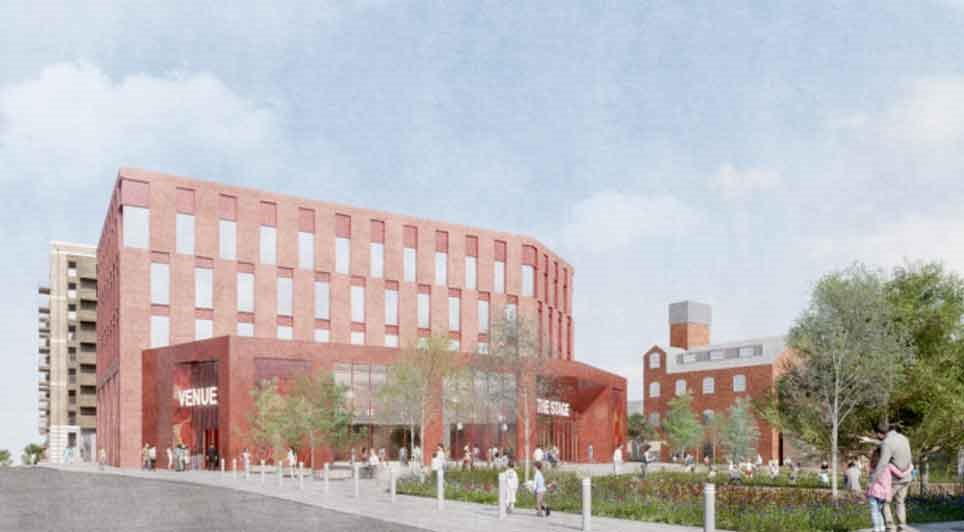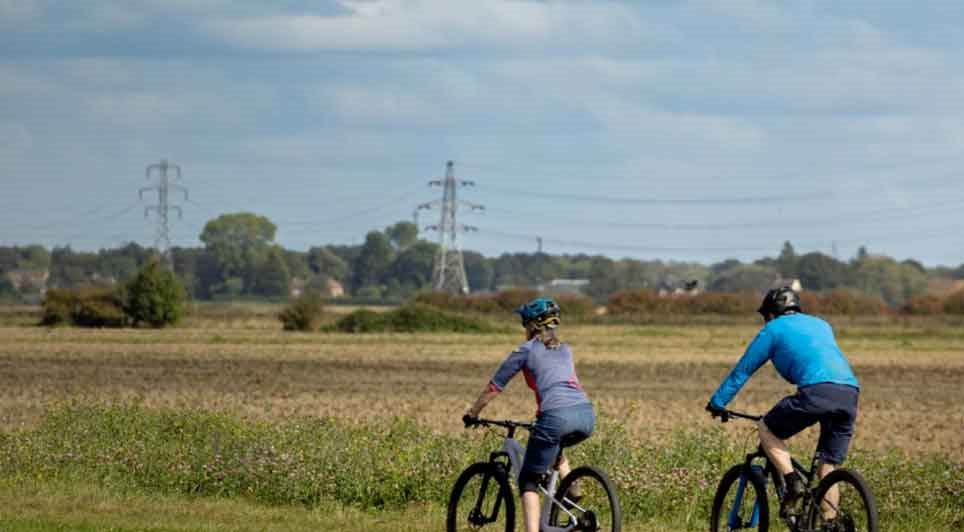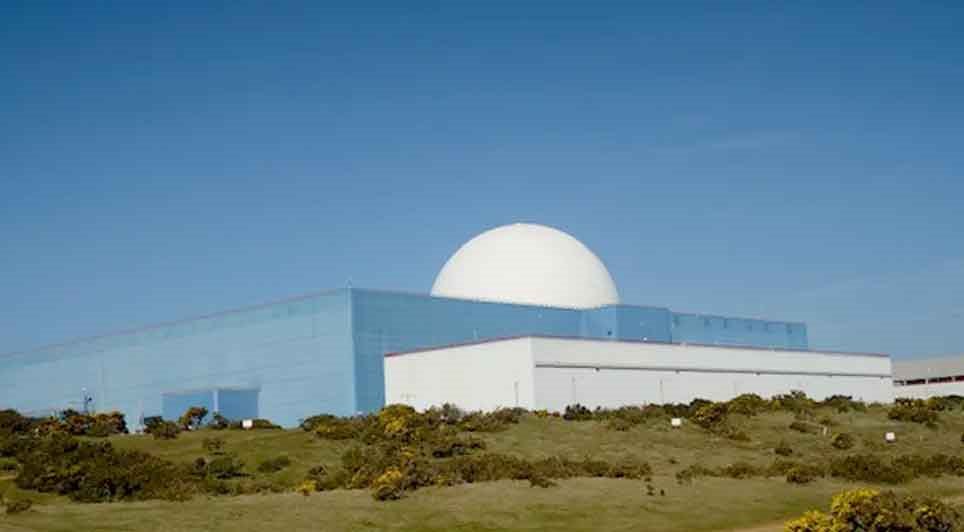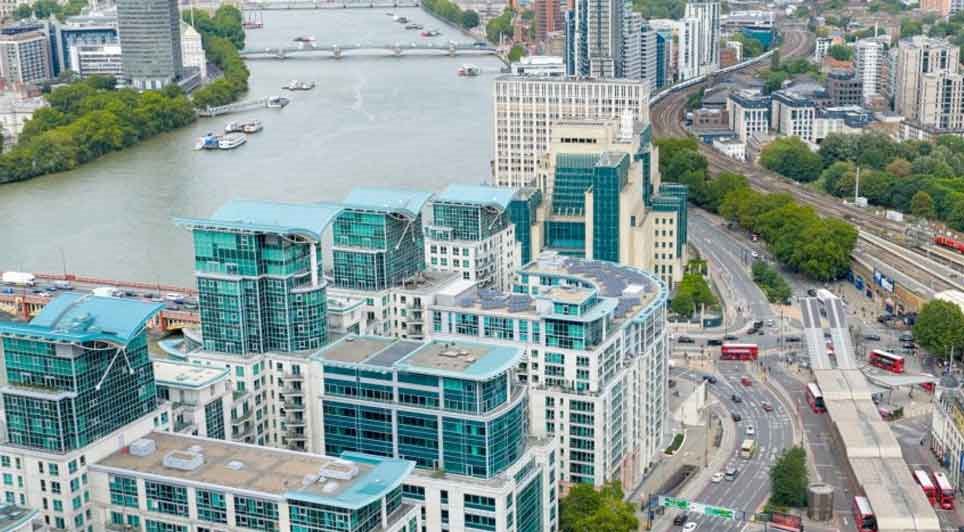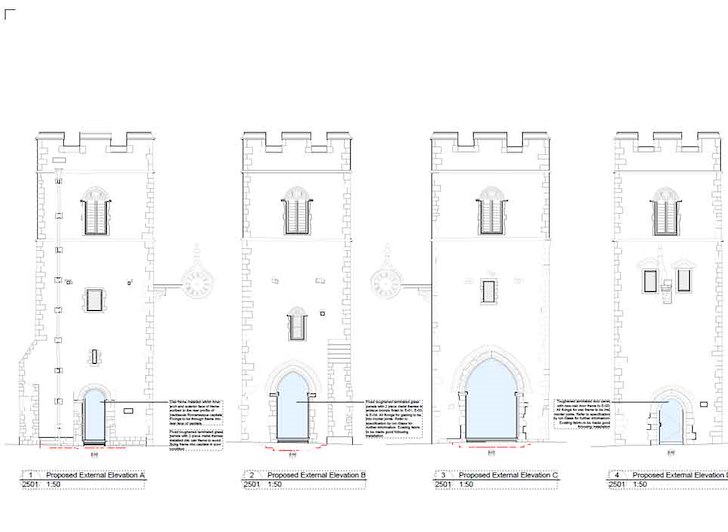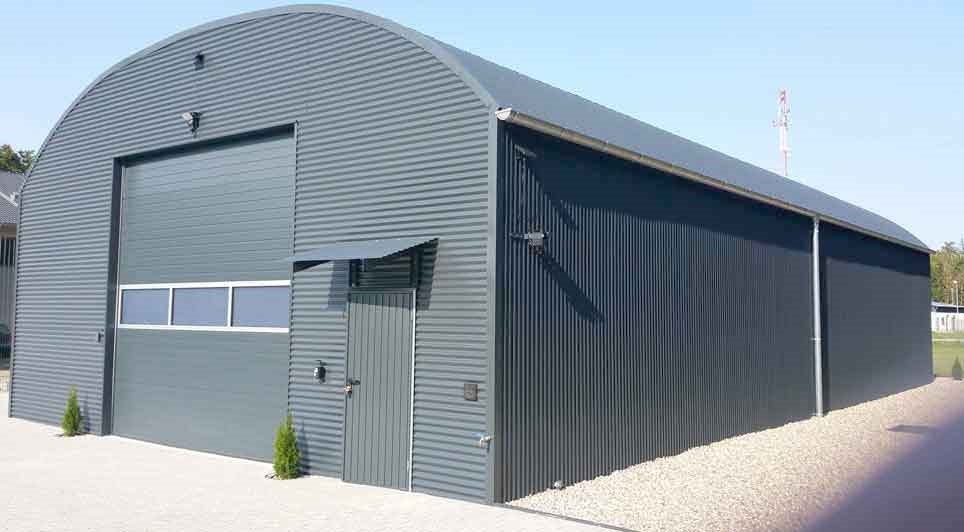A report by the National Audit Office (NAO) shows 1.9 million vulnerable households in 2006 did not receive help from the Department of Energy and Climate Change's Warm Front Scheme to tackle fuel poverty, and this rate of progress will still leave many in fuel poverty in 2010.
The report reveals that the installation of central heating systems and insulation in homes has helped vulnerable people who might otherwise suffer from the cold weather. Satisfaction is high, with 86%of assisted households either highly satisfied or satisfied with the work done. The report concludes that delivery of the Scheme has been largely effective and to that extent offers value for money, but it has been impaired by problems in Scheme design.
The Government's use of proxy measures, such as benefit entitlement, to determine who is eligible for Scheme grants is a pragmatic approach, but it has resulted in inefficient targeting of resources. 57% of vulnerable households in fuel poverty do not claim the relevant benefits to qualify for the Scheme. And nearly 75% of households who would qualify are not necessarily in fuel poverty, although in practice a large number may have fallen into or be near fuel poverty owing to recent energy price increases. In addition, between June 2005 and March 2008 the Scheme has given £34 million in grants to households whose properties were already comparatively energy efficient.
Most measures provided by the Scheme appear to be competitive with industry prices, but gas and oil boiler replacement costs are at the higher end of the range, partly because of Scheme specifications. The grant available has not increased since 2005 and more applicants are having to contribute towards the cost of the work carried out. Some eligible applicants are therefore withdrawing from the Scheme, or not progressing their applications.
Tim Burr, Head of the NAO, said: "The Warm Front Scheme has helped to alleviate fuel poverty in a large number of households. But despite changes intended to improve the targeting of the Scheme, over half of vulnerable families in fuel poverty still do not qualify, while many households unlikely to be fuel poor are able to claim a grant. The Department of Energy and Climate Change needs to improve the way it assesses eligibility for the Scheme, so that the most vulnerable households are the first to receive the assistance they need."
(CD/JM)
 UK
UK Ireland
Ireland Scotland
Scotland London
London

.gif)

